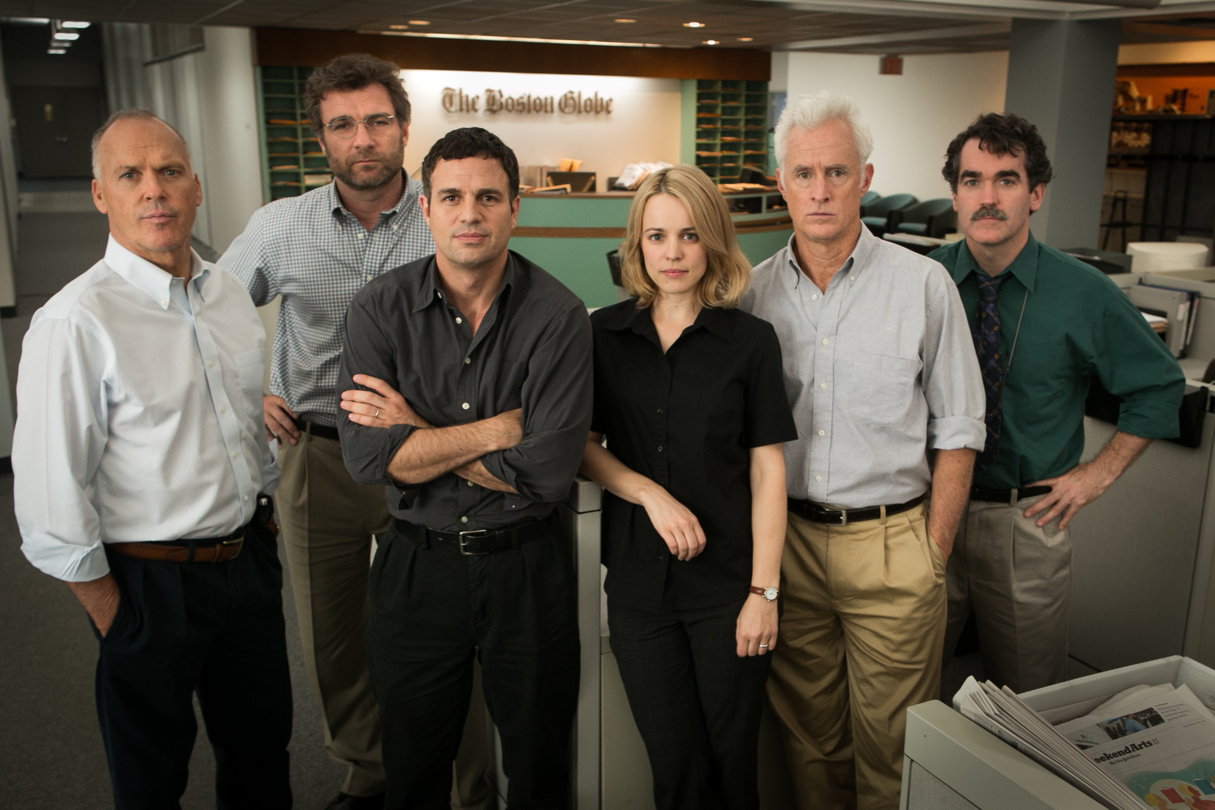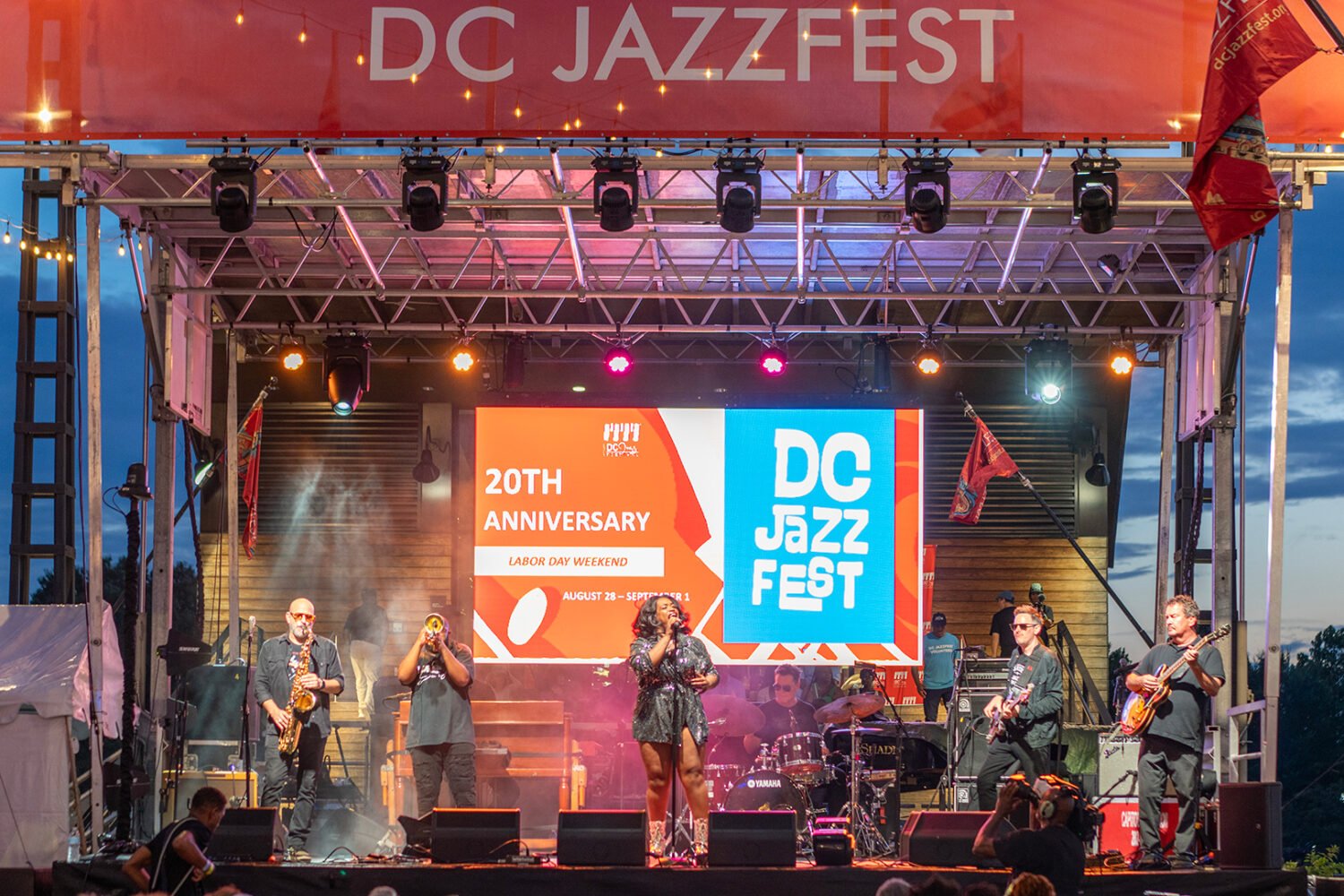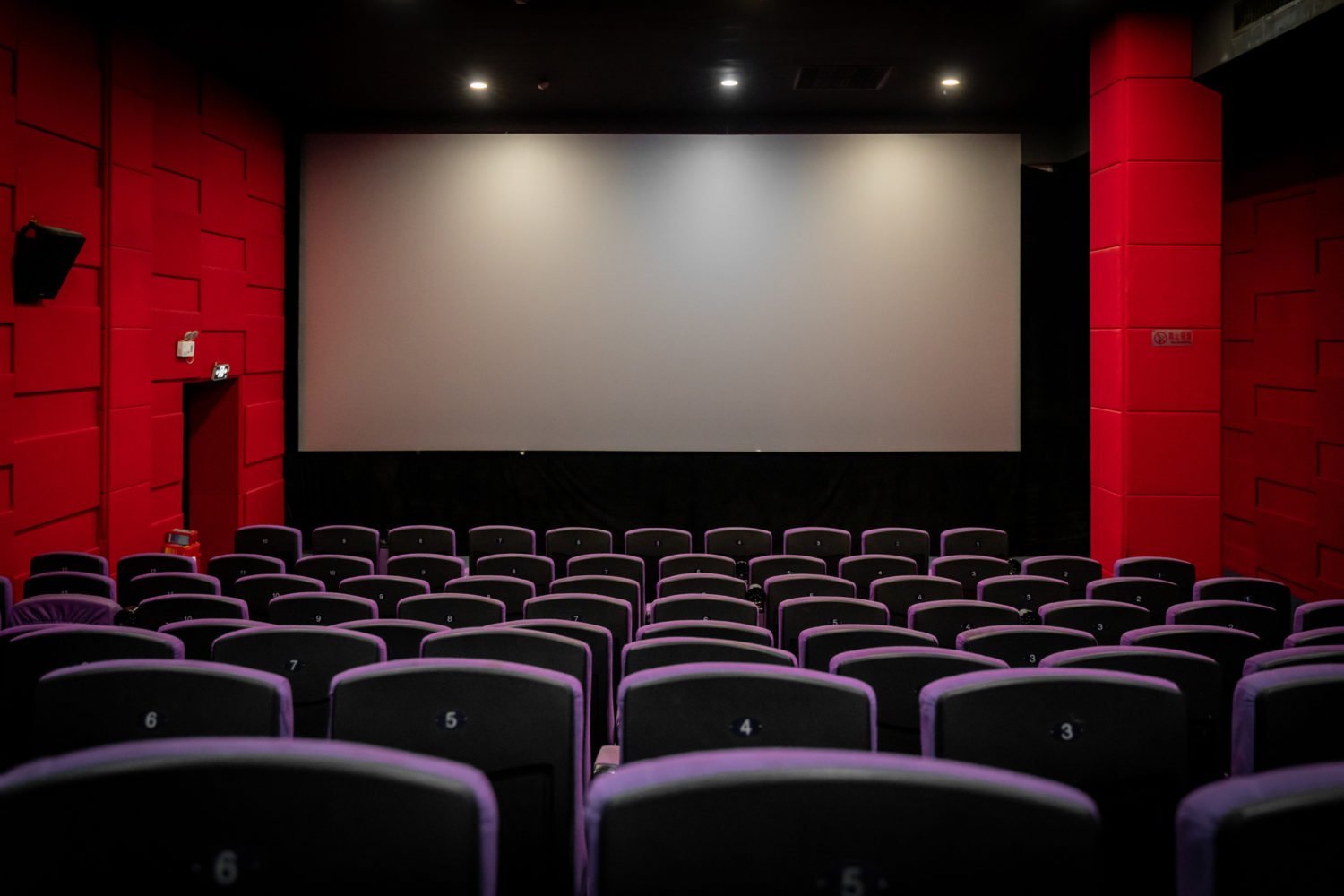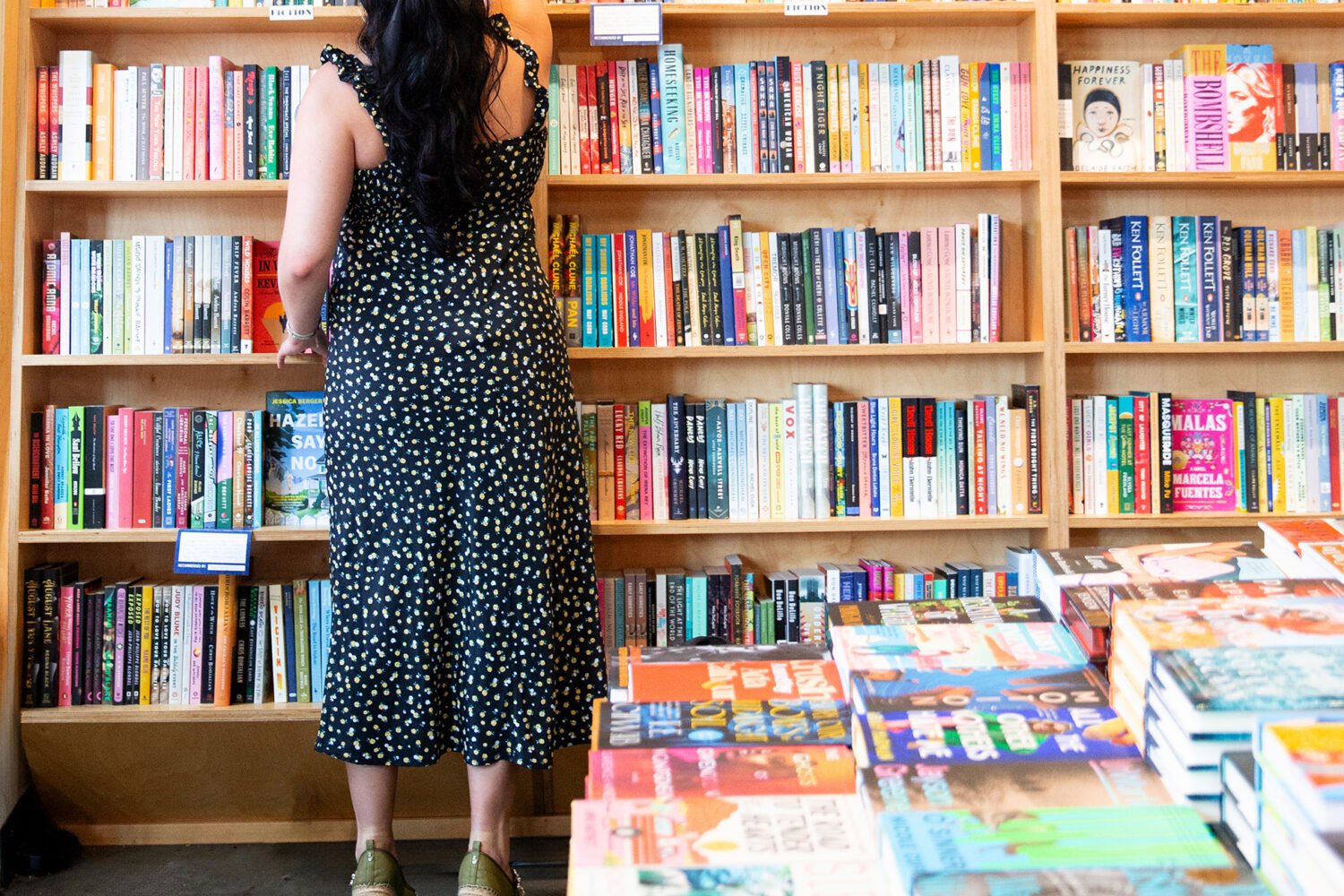Barely a week goes by in Washington without some thematic film festival taking place, but few launch with as much impact as what the founders of Double Exposure: The Investigative Film Festival hope to make. The festival, which runs from Wednesday to Friday in downtown DC, aims to bridge longform, narrative journalism with wide-angled documentary filmmaking.
Double Exposure is the production of Sky Sitney, the former director of AFI Docs who built that non-fiction film festival into an anchor of Washington’s summer calendar, and Diana Schemo, the executive director of the journalism nonprofit 100Reporters.
Schemo says she and Sitney conceived the festival as a way to put investigative journalists who scrape to churn out deeply reported articles in the same rooms as filmmakers and the producers who fund them. While the groups share similar goals, Schemo says, they mostly operate independently of each other.
“This is about demystifying the process,” Schemo says. “They’ve been playing on the same playground, but not necessarily been formally introduced.”
The festival’s inaugural lineup does not stint on its high ambition. The opening-night film, playing Wednesday at the Newseum, is Spotlight, a fictional adaptation of the Boston Globe‘s 2002 Pulitzer-winning investigation into child abuse in the Catholic Church. The panel discussion that will follows will feature the Globe staffers who exposed the church’s cover-up—including Martin Baron, now the executive editor of the Washington Post (Liev Schreiber plays him in the film)—and be moderated by The Wire creator David Simon.
Although Spotlight is as much Oscar-bait as it is a dramatized bit of journalism history, Schemo says it’s a “perfect” opener. “It really demonstrates the power of investigative reporting to challenge power and institutions that seem impregnable and imperious,” she says. “There’s a good chance this will be the All the President’s Men of this time.”
The remainder of the film program is made up of gritty documentaries, including Deep Web, a look at Ross William Ulbricht, the founder of the digital black market known as Silk Road, and 1971, a recounting of a break-in at an FBI field office in Pennsylvania by First Amendment activists who exposed J. Edgar Hoover’s secret domestic-surveillance program.
While the films are a big part of the draw, Schemo and Sitney are more interested in their festival’s symposium, including one panel that will feature National Security Agency whistleblower (and Twitter newbie) Edward Snowden, who will be appearing via Skype to converse with the subjects and director of 1971.
Other panels aim to introduce pen-and-paper journalists to filmmakers and their financiers, which Schemo suggests will be of more help to the traditional reporters.
“In some way it’s become more difficult to do written [investigative journalism], because there are very few outlets that’ll actually pay a writer what it takes to produce a story,” says Schemo, a former bureau chief in Rio de Janeiro for the New York Times. Filmmakers tend to learn how to cover their costs, Schemo says, “because they know there’s no way their project is going to be produced if they do not have $100,000 or $200,000 in the bank.”
Spotlight, which will be released in November, is sold out Wednesday night, but tickets to the other films range from $15 for a single screening to $50 for a two-day pass. Access to the symposium, including panels and networking events, is $225.
Sitney says the idea for Double Exposure really snowballed after Citizenfour, Laura Poitras‘s documentary about Snowden’s whistleblowing and subsequent exile, won the Academy Award for Best Documentary Feature. The former AFI Docs boss says in her career she’s encountered documentary directors who present themselves purely as filmmakers re-telling a story—Amir Bar-Lev and Alex Gibney are a couple examples—and some who are breaking news, like Poitras.
“From the perspective of the filmmaking community, I too was seeing this space that had been percolating for quite some time but had reached a fever pitch,” Sitney says. “It’s convening where these groups can connect.”
















